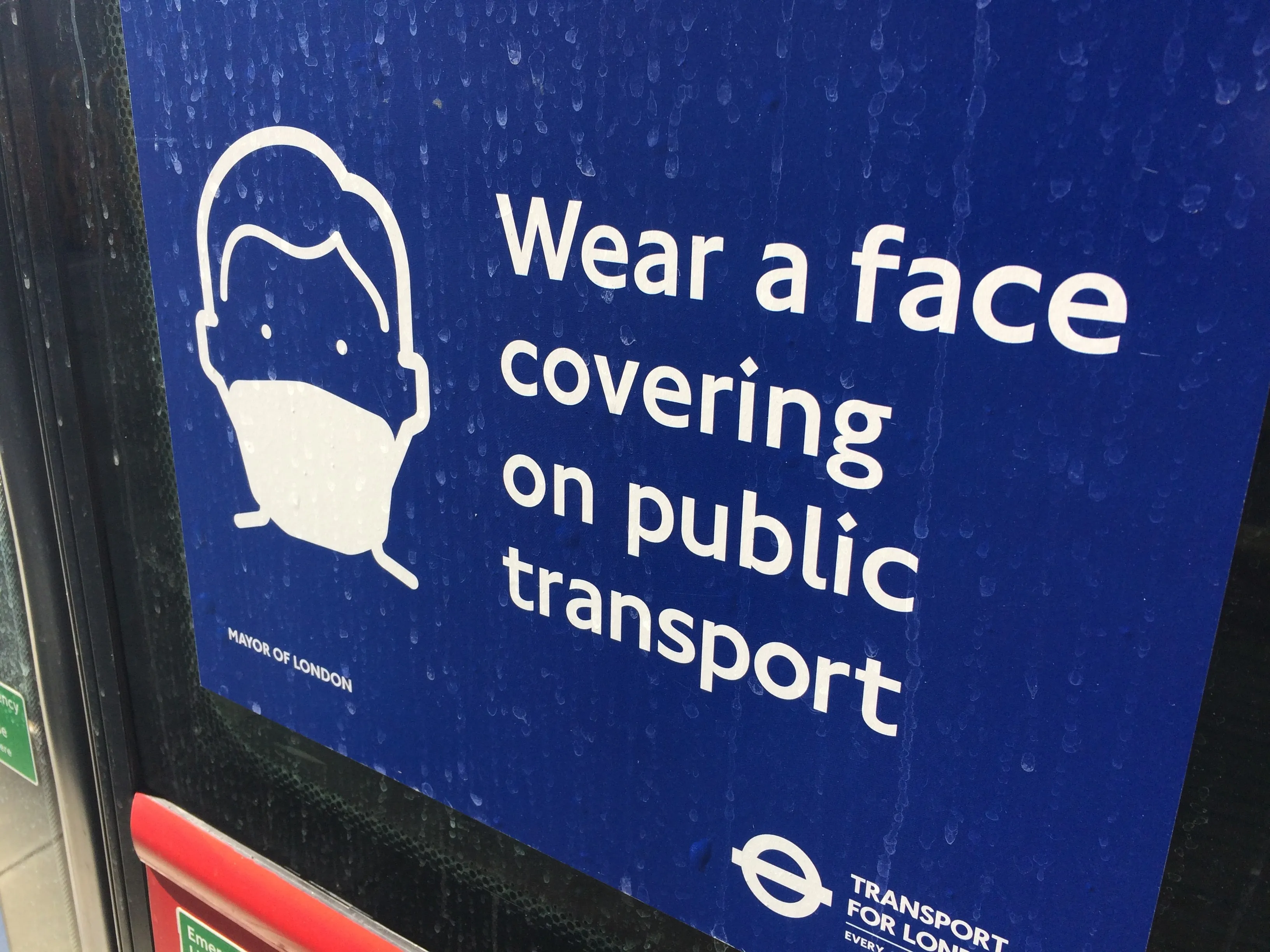The widespread adoption of autonomous vehicles could bring billions of pounds to the UK economy and save hundreds of lives, according to a new report by the Institution of Mechanical Engineers, which is calling for urgent Government and industry action to encourage the greater use of autonomous and driverless vehicles. It also calls for urgent resolution of legislative, technological and insurance issues to help encourage the rollout of autonomous or driverless vehicles.
Philippa Oldham, head of transpor
February 16, 2016
Read time: 3 mins
The widespread adoption of autonomous vehicles could bring billions of pounds to the UK economy and save hundreds of lives, according to a new report by the Institution of Mechanical Engineers, which is calling for urgent Government and industry action to encourage the greater use of autonomous and driverless vehicles. It also calls for urgent resolution of legislative, technological and insurance issues to help encourage the rollout of autonomous or driverless vehicles.
Philippa Oldham, head of transport at the Institution of the Mechanical Engineers and lead author of the report, said: “The benefits to this sort of technology are huge, with estimates that the overall UK economic benefit could be as much as £51 billion a year due to fewer accidents, improved productivity and increased trade.
“Currently 95 per cent of all crashes happen due to driver error, so it makes sense for Government, industry and academia to redouble efforts to look at how we phase out human involvement in driving vehicles.”
The Autonomous and Driverless Cars report makes three key recommendations:
• The7800 Transport Systems Catapult conduct a public consultation, bringing together a working group that includes industry, legislators, regulators and members of the general public. This group should look at how we can integrate and implement new regulatory regimes.
• All car dealerships and garages must work with vehicle manufacturers to ensure that they can provide adequate information, and give the required training, to any new purchaser of a vehicle.
• The1837 Department for Transport needs to address the safety issues of mixed road use, looking at how autonomous vehicles can be integrated onto our road network with appropriate road signage and markings in place or updated.
Oldham called for more action from Government to help integrate driverless vehicles into the current UK transport network, including updates and standardisation to road signage and road markings to enable driverless vehicles to operate in the safest way possible.
She continued, “There is also a role for the car dealerships and vehicle manufacturers as they will need to clarify how they will provide the greater level of after-sales care, technical updates and upgrades that will be required to ensure the safe introduction of these vehicles on our roads.
“Much more work needs to be done to clarify regulation and insurance issues, such as where liability lies in case of an accident.”
Philippa Oldham, head of transport at the Institution of the Mechanical Engineers and lead author of the report, said: “The benefits to this sort of technology are huge, with estimates that the overall UK economic benefit could be as much as £51 billion a year due to fewer accidents, improved productivity and increased trade.
“Currently 95 per cent of all crashes happen due to driver error, so it makes sense for Government, industry and academia to redouble efforts to look at how we phase out human involvement in driving vehicles.”
The Autonomous and Driverless Cars report makes three key recommendations:
• The
• All car dealerships and garages must work with vehicle manufacturers to ensure that they can provide adequate information, and give the required training, to any new purchaser of a vehicle.
• The
Oldham called for more action from Government to help integrate driverless vehicles into the current UK transport network, including updates and standardisation to road signage and road markings to enable driverless vehicles to operate in the safest way possible.
She continued, “There is also a role for the car dealerships and vehicle manufacturers as they will need to clarify how they will provide the greater level of after-sales care, technical updates and upgrades that will be required to ensure the safe introduction of these vehicles on our roads.
“Much more work needs to be done to clarify regulation and insurance issues, such as where liability lies in case of an accident.”







